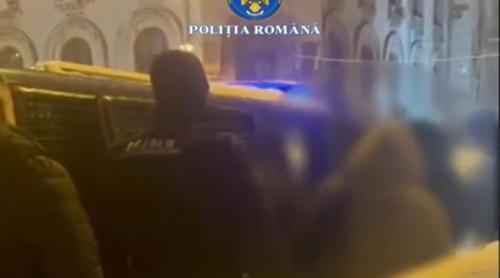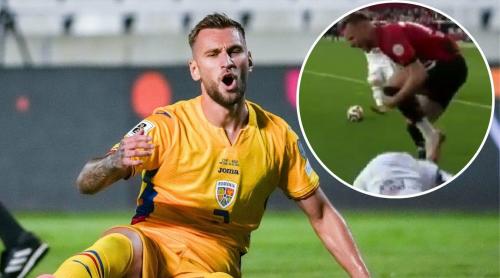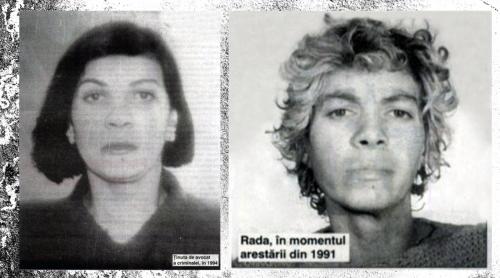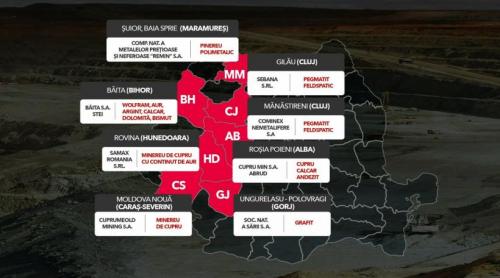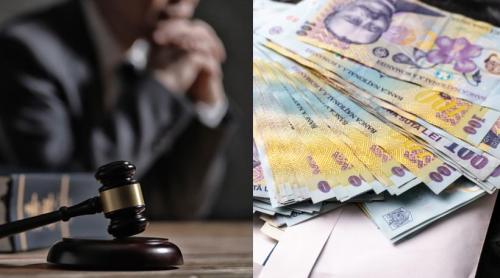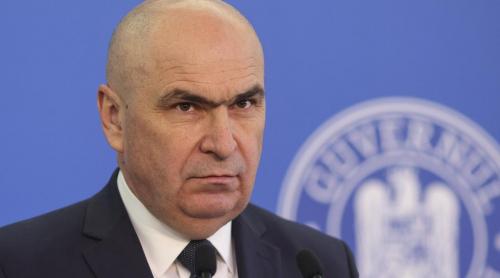The joyful atmosphere of the DP Summer School in Costinesti, labeled by discoth"ques and one-night stands, was kind of interrupted by Emil Bocâs theory regarding the semi-presidential republic.
The young DP (the Democratic Party) members that are more preoccupied with Radu Berceanuâs little jokes and Elena Udreaâs breasts than with a Constitutional Law moment, didnât turn turk at Emil Bocâs speech.
They are young, but they are politicians already. In other words, they have the necessary experience to realize that their leader, Emil Boc, was exerting his essential mission: he gives voice to the unexpressed thoughts of Traian Basescu, and he even exaggerates them from time to time, proving his anthological slavishness.
Emil Boc pleaded for a revisal of the Constitution, as he would like more power for the President. His political enemies jumped to reminding him that, in 2003, during the Parliament talks regarding the revisal of the Constitution, he had loudly revolted against giving more power to the President.
Due to this fact, Emil Bocâs enemies have seen the theses of the DP leader as a new proof of his obedience for Cotroceni.
However, we agree with these observations, but we are not that harsh as far as Emil Boc is concerned. Because the DP leader is kind of doing the same thing all the after-the-Revolution politicians did when it had come to crucial political decisions.
None of them, from Presidents to Parliament Members, has been able to think for the future instead of thinking about the present.
Emil Boc is more than interested that his former party colleague would have more powers provided by the Constitution.
However, he forgets two very obvious and important facts:
1. If the present Parliament manages to revise the fundamental Law in such a way to transform the President in a second Ceausescu, the benefits of this revisal will go to the politician elected President in 2009. Why does the DP leader think Traian Basescu would win those elections? What if DP will obtain the right to name the Prime Minister? Wonât Emil Boc have to fight against the President in order to become the Absolute Master of the country?
2. The ratio between the state powers is a long-term issue, which targets the national interest. The relation between the President and the PM has to be the result of a perspective analysis. When Traian Basescu came to Cotroceni we were sure that the presidential republic prerogatives donât work in Romania. The present Government, as well as Romania, would have had another fate if the President would have had only parliamentary prerogatives. Well, if in the
case of somewhat limited prerogatives from the constitutional point of view the President managed to destroy the internal stability of Romania, we can only imagine the things that will happen when the President will be able to do all the things he wants.
It is clear that Emil Boc is not seeing the Constitution revisal as a long-term issue, but only as an issue of conjunctional interests. In 1991, when the Constitution was adopted, the same thing happened. The Opposition only took into account its interests at that time: they wanted to limit Ion Iliescuâs prerogatives. In its turn, the Power only took into account its interests at that time: to give Ion Iliescu as much power as necessary. The collision between al those conjunctional interests resulted in a compromising Constitution, which had catastrophic results on the long term. There would have been a different situation if the politicians would have been able to go beyond their interests at that time.
This is similar to the way NLP (the National Liberal Party) is thinking the reform of the secret services. The efforts to alter these services, as Dan Pavel was writing with inspiration, is based on the interest to reduce the power of an instrument in the hands of Traian Basescu. None of nowadays-liberal leaders took into account two common sense issues:
The national interest is for us to have powerful secret services;
There is a possibility that the elected Romanian President in 2009 to be a NLP member.
Like in many other moments of the after-the-Revolution moments, the conclusion we draw today is as true as it is painful: we only have small politicians, who cannot see beyond the tips of their toes.
Translated by SORIN BALAN
